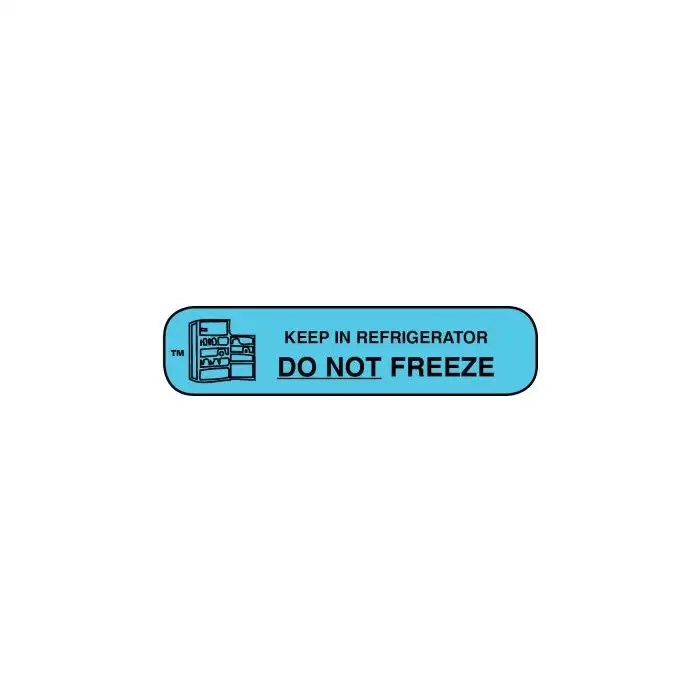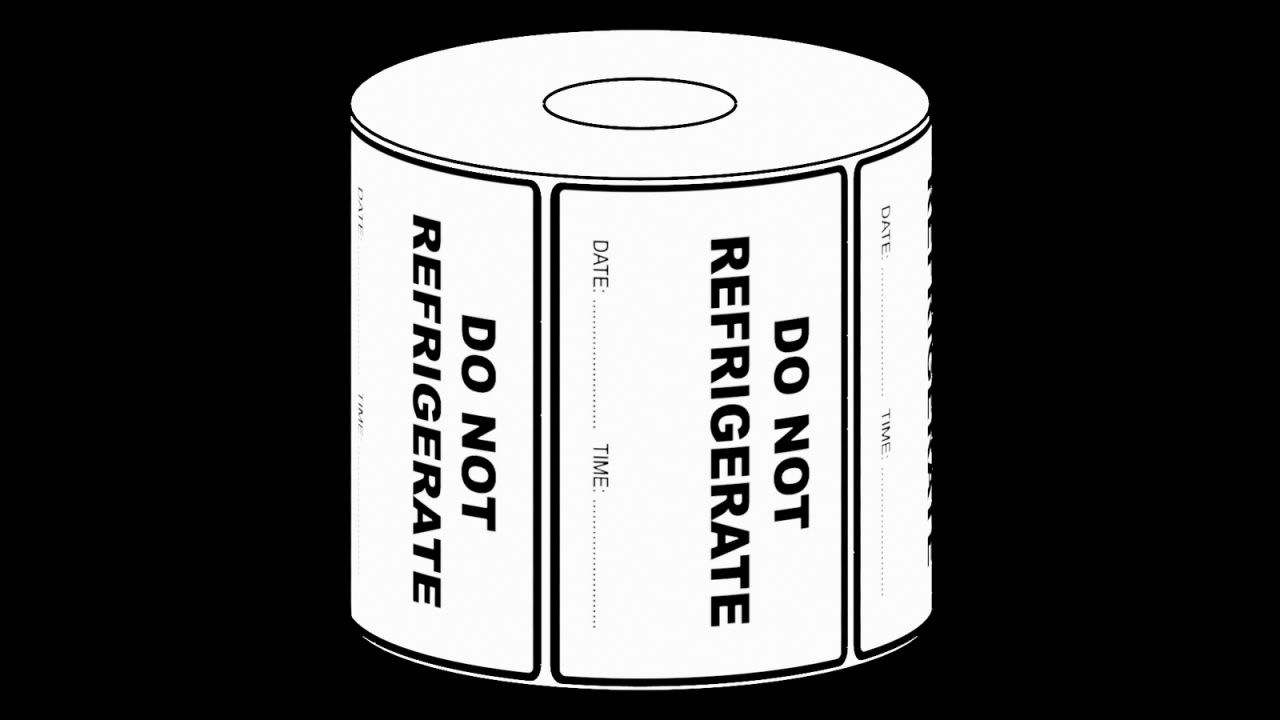The Do Not Refrigerate Medication List is a crucial resource for ensuring the safety and efficacy of medications. By understanding the categories of medications that should not be refrigerated, the proper storage guidelines, and the consequences of improper storage, individuals can take proactive steps to maintain the integrity of their medications.
This comprehensive guide provides detailed information on the types of medications that should be stored at room temperature, the optimal storage conditions for each category, and the potential risks associated with refrigerating medications that are not intended for cold storage.
Introduction
A “do not refrigerate medication list” is a comprehensive guide that Artikels medications that should not be stored in a refrigerator. It is crucial to adhere to these guidelines to ensure the effectiveness and safety of medications.
Categories of Medications
| Medication Category | Storage Requirements | Examples | Potential Risks |
|---|---|---|---|
| Liquid Medications | Store at room temperature | Syrups, suspensions, emulsions | Refrigeration can cause crystallization or separation of ingredients |
| Tablets and Capsules | Store at room temperature in a dry place | Aspirin, ibuprofen, antibiotics | Refrigeration can cause moisture absorption, leading to decreased effectiveness or stability |
| Inhalers | Store at room temperature away from direct sunlight | Asthma inhalers, nebulizer solutions | Refrigeration can condense moisture inside the inhaler, affecting its functionality |
| Ointments and Creams | Store at room temperature in a cool, dry place | Hydrocortisone cream, antibiotic ointments | Refrigeration can alter the consistency or cause separation of ingredients |
Storage Guidelines

Medications that should not be refrigerated must be stored at room temperature, typically between 68°F and 77°F (20°C and 25°C). They should be kept in a dry place away from direct sunlight and moisture. To maintain proper humidity levels, consider using a moisture-absorbing packet or desiccant in the storage area.
Consequences of Improper Storage: Do Not Refrigerate Medication List

Refrigerating medications that should not be refrigerated can have serious consequences. It can:
- Reduce the effectiveness of the medication
- Alter the chemical composition, making the medication harmful
- Cause physical changes, such as crystallization or separation of ingredients
For example, refrigerating aspirin can lead to decreased pain relief, while refrigerating antibiotics can reduce their antibacterial activity.
Special Considerations

When traveling or experiencing extreme weather conditions, special storage considerations may be necessary.
- Travel:Keep medications in their original containers and store them in a cool, dry place in your luggage. Avoid exposing them to extreme temperatures.
- Extreme Heat:Store medications in a cool, dark place away from direct sunlight. Consider using a cooler with ice packs to maintain a cool environment.
- Extreme Cold:Keep medications close to your body to prevent freezing. Avoid storing them in uninsulated areas.
Clarifying Questions
Why is it important to follow the Do Not Refrigerate Medication List?
Refrigerating certain medications can alter their chemical composition, reduce their effectiveness, or even make them harmful. Following the guidelines ensures that medications are stored in the optimal conditions for their stability and efficacy.
What are some examples of medications that should not be refrigerated?
Examples include oral contraceptives, antibiotics, eye drops, and suppositories. Refer to the provided table for a comprehensive list and specific storage requirements.
What are the potential consequences of refrigerating medications that should not be refrigerated?
Refrigeration can cause medications to lose potency, become less effective, or even develop harmful properties. In some cases, refrigerating certain medications can increase their absorption rate, leading to potential overdosing.